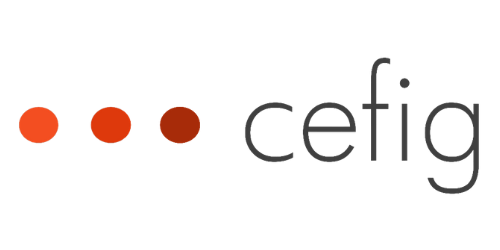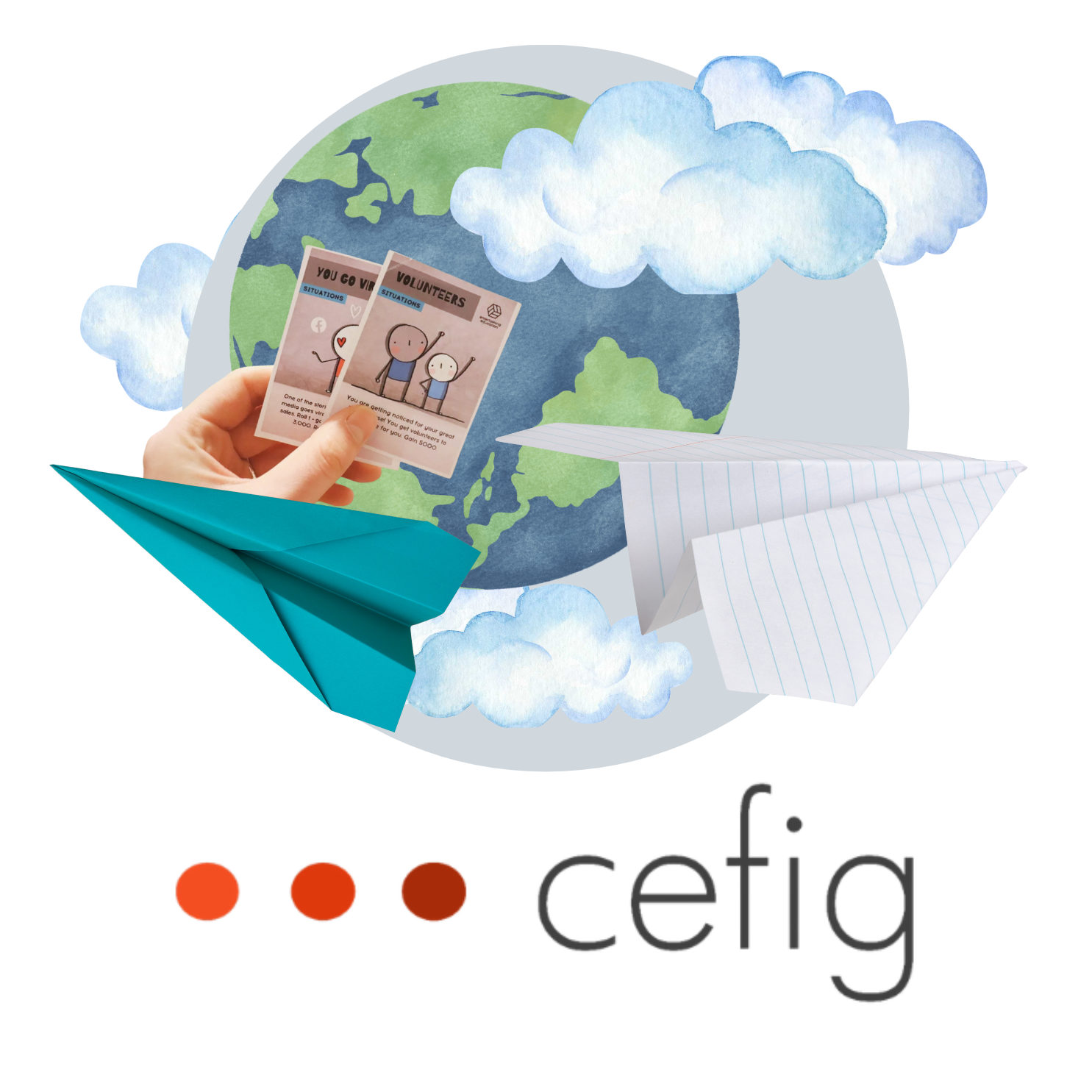Erasmus+ training in Kolín, Czechia focused on building economic skills, critical thinking, and international cooperation.
26/04/2025 – 04/05/2025 Kolín, Czech Republic
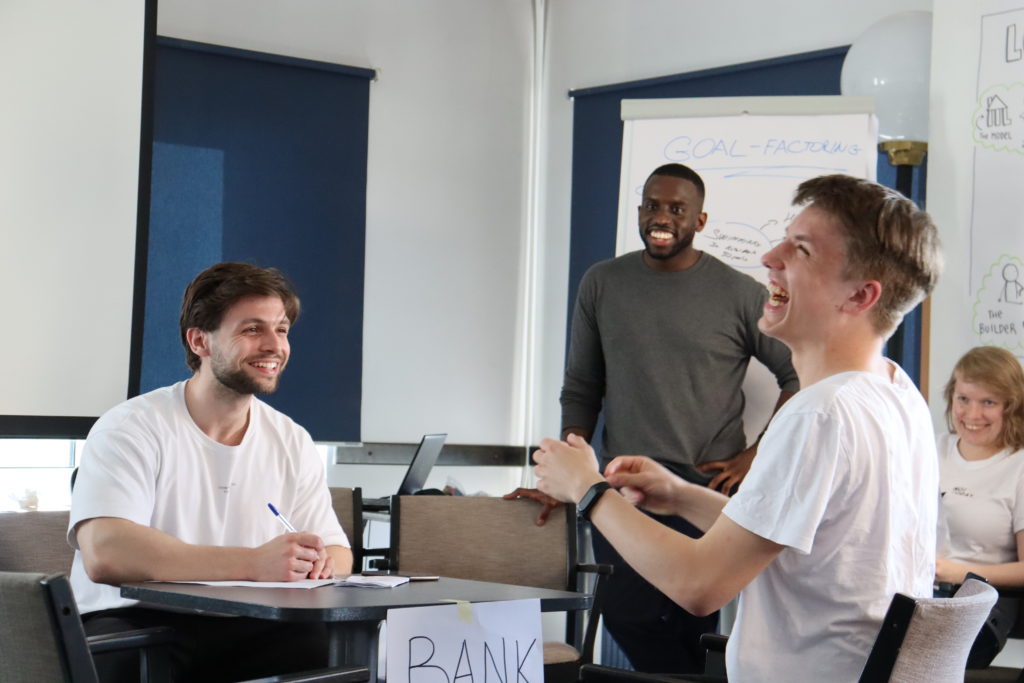
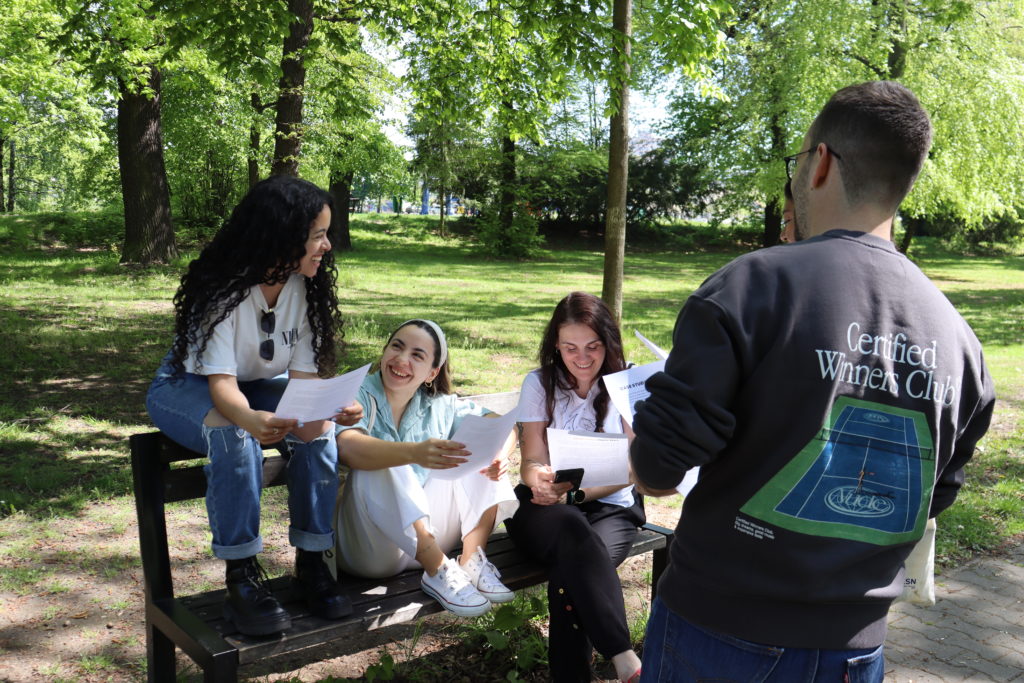
From the final days of April into the beginning of May 2025, the town of Kolín in Czechia welcomed an international gathering of youth workers for a week of collaborative learning and cross-cultural exchange. during the 7-day Erasmus+ training course titled “Everyday Economy.” Hosted under the umbrella of the Erasmus+ Programme and fully funded by the European Union, this dynamic training gathered youth workers from eight countries — Estonia, Malta, Poland, Portugal, North Macedonia, Germany, Spain, and the host country Czechia — with one common goal: to strengthen their economic and financial competencies and enhance their capacity to support young people in navigating today’s complex financial world.
Why “Everyday Economy”?
In a time when young people are increasingly confronted with economic uncertainty, digital financial tools, and complex financial decisions, the need for solid economic and financial literacy is more critical than ever. The “Everyday Economy” training course was designed to directly address this need by equipping youth workers — the key connectors between educational opportunities and young people — with practical skills and knowledge they can both apply personally and transmit effectively in their communities.
Core Objectives and Focus Areas
Throughout the week, participants dove into a rich curriculum that blended theory with practical applications. The course’s main objectives were:
- To build practical knowledge in economics and personal finance that youth workers can pass on.
- To strengthen critical and economic thinking skills.
- To develop financial literacy, including an understanding of budgeting, savings, loans, investments, insurance, and other essential financial tools.
- To share best practices and tools among participants for educating youth.
- To foster international cooperation and networking for future Erasmus+ projects.
Interactive workshops, peer-to-peer sessions, and simulation exercises formed the backbone of the training. Topics ranged from how to explain inflation and interest rates to young audiences to how to organize a youth workshop on budgeting. Discussions also tackled broader systemic topics, like economic inequality, consumer behavior, and ethical investing.
More Than Just Learning — A European Community in Action
Beyond the sessions, the project created a vibrant intercultural atmosphere. Participants not only exchanged professional insights but also shared cultural experiences, national economic challenges, and solutions, deepening mutual understanding and solidarity across borders. The evenings were filled with intercultural nights, informal networking, and community-building activities, reinforcing the spirit of Erasmus+ — learning together in diversity.
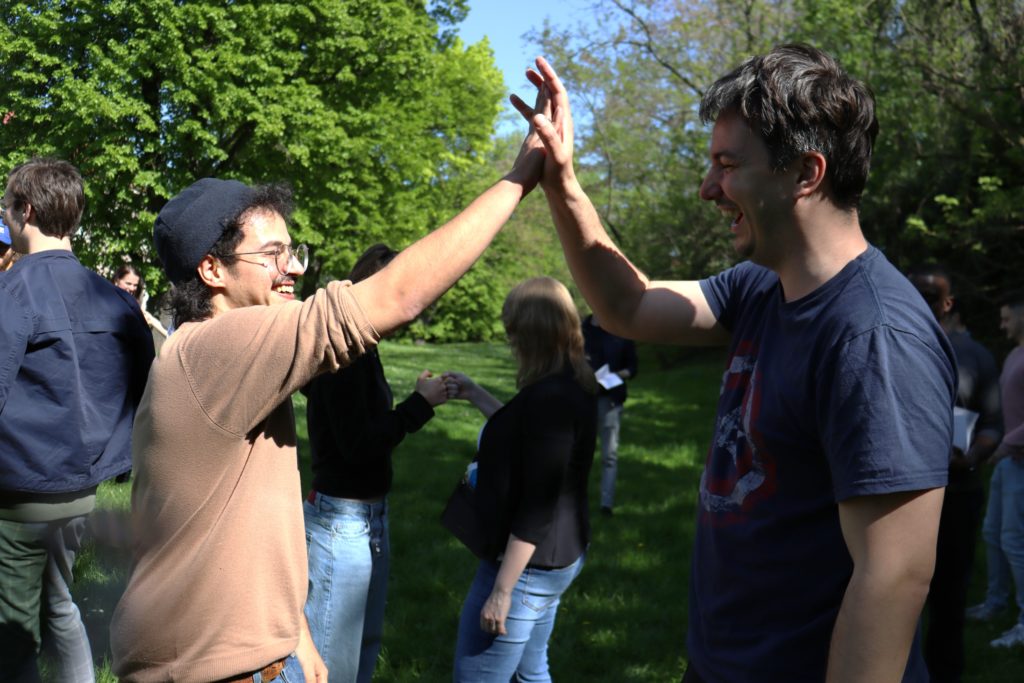
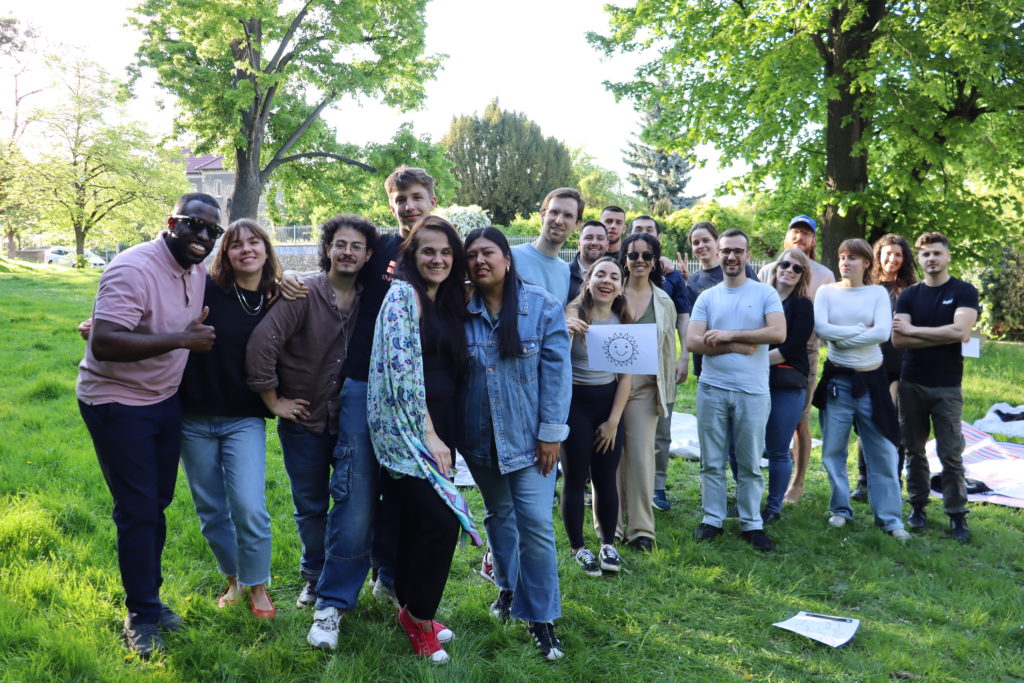
Looking Ahead
As the training concluded, participants left Kolín not just with newfound knowledge and confidence, but with concrete tools and plans to apply what they had learned in their local contexts. Many expressed interest in creating local workshops, school collaborations, and follow-up Erasmus+ initiatives to continue spreading the economic empowerment message.
The “Everyday Economy” training was more than an educational program — it was a step toward a more financially literate and economically aware European youth sector. Thanks to the support of Erasmus+, this investment in youth workers promises long-lasting impact in communities across Europe.
🌎 Erasmus+ Training Course “Everyday Economy” is funded by the Erasmus+ Programme.

